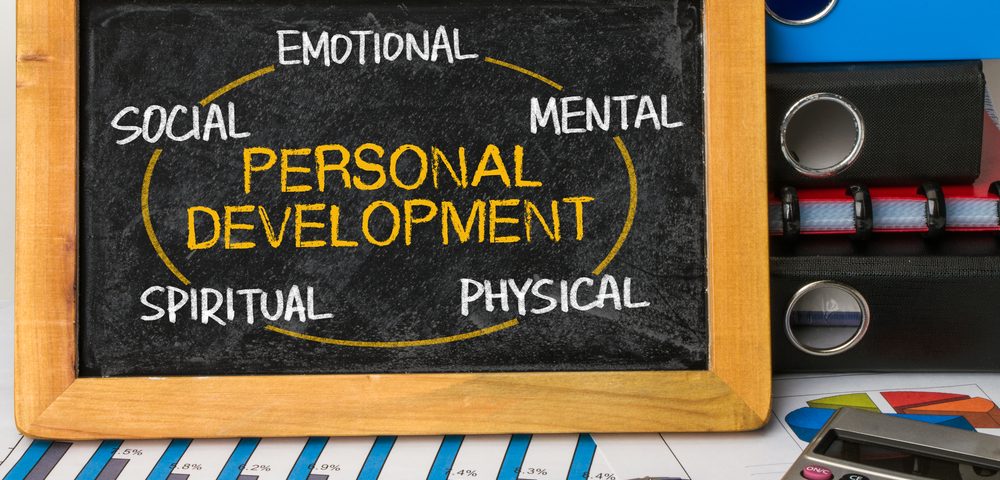
Social Media and Teens
April 1, 2024
Tips on Connecting with Your Teen
April 5, 2024Social-emotional learning (SEL) programs can significantly enhance the lives of disadvantaged children and adults by fostering emotional intelligence, interpersonal skills, and overall well-being. These programs provide a foundation for positive personal development and can address various challenges faced by individuals in disadvantaged circumstances.
- Emotional Regulation: SEL programs teach individuals how to recognize and manage their emotions effectively. For disadvantaged individuals who may face heightened stressors, this skill is crucial in coping with challenging situations and avoiding negative outcomes such as aggression or withdrawal.
- Improved Relationships: SEL enhances interpersonal skills, promoting better communication, empathy, and cooperation. Building positive relationships is especially vital for disadvantaged individuals who may lack strong social support networks. These skills can lead to improved connections with peers, family, and community.
- Academic Success: SEL has been linked to improved academic performance. Disadvantaged children often face additional obstacles in their educational journey. By developing skills like self-discipline, goal-setting, and perseverance, they can overcome barriers and achieve academic success.
- Conflict Resolution: Disadvantaged individuals may encounter more conflicts in their daily lives. SEL equips them with conflict resolution skills, reducing instances of violence or disruptive behavior. Learning to resolve conflicts peacefully contributes to a safer and more conducive environment.
- Enhanced Decision-Making: SEL programs help individuals make informed and responsible decisions. This is particularly impactful for disadvantaged populations who may face challenging choices due to limited resources or external pressures. Improved decision-making skills can lead to more positive life trajectories.
- Increased Resilience: Disadvantaged individuals often experience adversity at higher rates. SEL cultivates resilience by teaching coping mechanisms and a growth mindset. This resilience is essential in overcoming setbacks and bouncing back from challenges.
- Reduced Mental Health Issues: SEL contributes to better mental health outcomes by addressing stress, anxiety, and depression. Disadvantaged individuals are more susceptible to mental health challenges, and SEL programs provide tools to promote emotional well-being.
- Community Engagement: SEL encourages a sense of community and social responsibility. Disadvantaged individuals may feel disconnected from society, and SEL programs promote a sense of belonging, encouraging active participation and community engagement.
In conclusion, SEL programs provide disadvantaged children and adults with essential life skills that empower them to navigate challenges, build positive relationships, and pursue a more fulfilling and successful future. These programs contribute to breaking the cycle of disadvantage by fostering personal growth and resilience.
Enroll your child or students in the MASK E3 Institute
MASK E3 Institute begins in kindergarten and continues through high school, children are educated through the MASK E3 Institute at a developmentally age-appropriate level on a wide variety of topics such as bullying, peer pressure, self-esteem, alcohol and substance use/abuse, communication, and technology safety etc. The E3 Institute includes MASK Pre-K (Storytime),MASK Academy (K-6th grade), MASK Prep (middle and high school), and Parent University.



